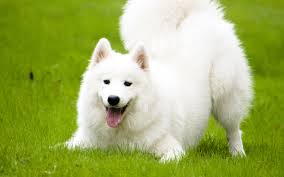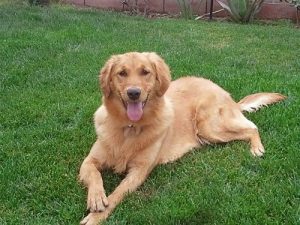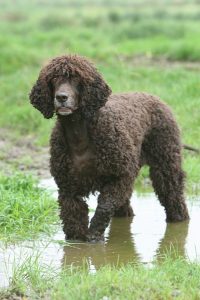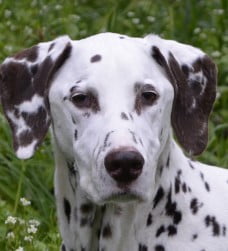Samoyed
Meet the Samoyed Rescue Michigan Events Adoption

-
Breed Group : WORKING
-
Origin : RUSSIA/SIBERIA
-
Average Height : 19" - 24"
-
Average Weight : 50 - 60 lbs.
-
Life Span : 12 - 14 years
Photo Courtesy info : All Thing Samoyed
-
Size
1 2 3 4 5 6 7 8 9 10 -
Energy
1 2 3 4 5 6 7 8 9 10 -
Intelligence
1 2 3 4 5 6 7 8 9 10 -
Ease of Training
1 2 3 4 5 6 7 8 9 10 -
Hypo-Allergenic
1 2 3 4 5 6 7 8 9 10 -
Shedding
1 2 3 4 5 6 7 8 9 10 -
Good with Kids
1 2 3 4 5 6 7 8 9 10 -
Good with Other Pets
1 2 3 4 5 6 7 8 9 10 -
Guard Dog
1 2 3 4 5 6 7 8 9 10








